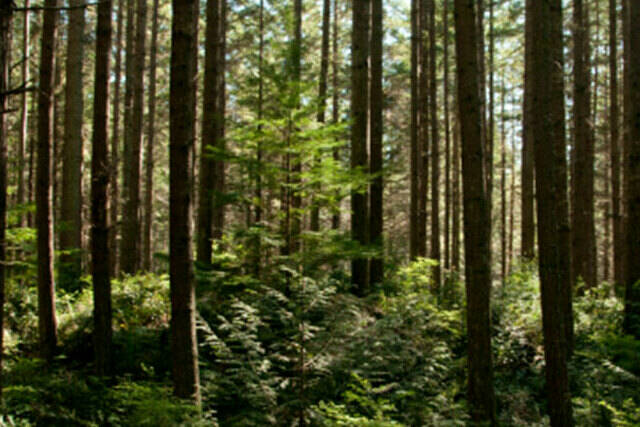Vancouver B.C. is set to be the host of the 2023 Forest Innovation and Bioeconomy Conference this coming June, and the province’s green economy will be the centre of attention.
The province has partnered with the University of British Columbia, as well as with two other organizations—Foresight Canada and FPinnovation that promote clean technology and keeping Canada’s forestry sector competitive.
A number of keynote speakers from organizations both international and local to B.C. will be speaking, according to a news release from the B.C. Ministry of Forests. Topics are said to be sustainability and Indigenous leadership for the future of the forest bioeconomy, among others.
READ MORE: B.C. begins forest management overhaul to increase Indigenous participation
“The conference will be a great opportunity to advance innovation in Canada, agreeing on concrete actions and synergizing with our international partners,” said Orlando Rojas, the scientific director at UBC. “Personally, I look forward to discussing emerging forest products to improve our quality of life, and to open business and job opportunities for the benefit of the community and in harmony with a regenerative ecosystem.”
The forestry economy in B.C. is vast. According to a study from B.C. Council of Forest Industries, forestry makes up one in 25 of all B.C. jobs, and has contributed $13 billion to B.C.’s GDP in the past decade. B.C.’s forest bioeconomy uses bark and branches are used to create products ranging from wood-based graphite for electric cars to alternatives to textiles. B.C. officials say that by 2023 the province projects to have created approximately 17,000 new direct and indirect jobs.
“FIBC will be an exciting opportunity to connect and collaborate amongst rights-holders, think tanks, industry clusters, governments, entrepreneurs, students and industry as a whole,” said Davis Chiu, the industry co-chair of the B.C. Pulp and Paper BioProducts Alliance.
The conference will run from June 19-21. The first two days of the conference will be held at the Rosewood Hotel Georgia, and day three will be at UBC’s Robson Square.

